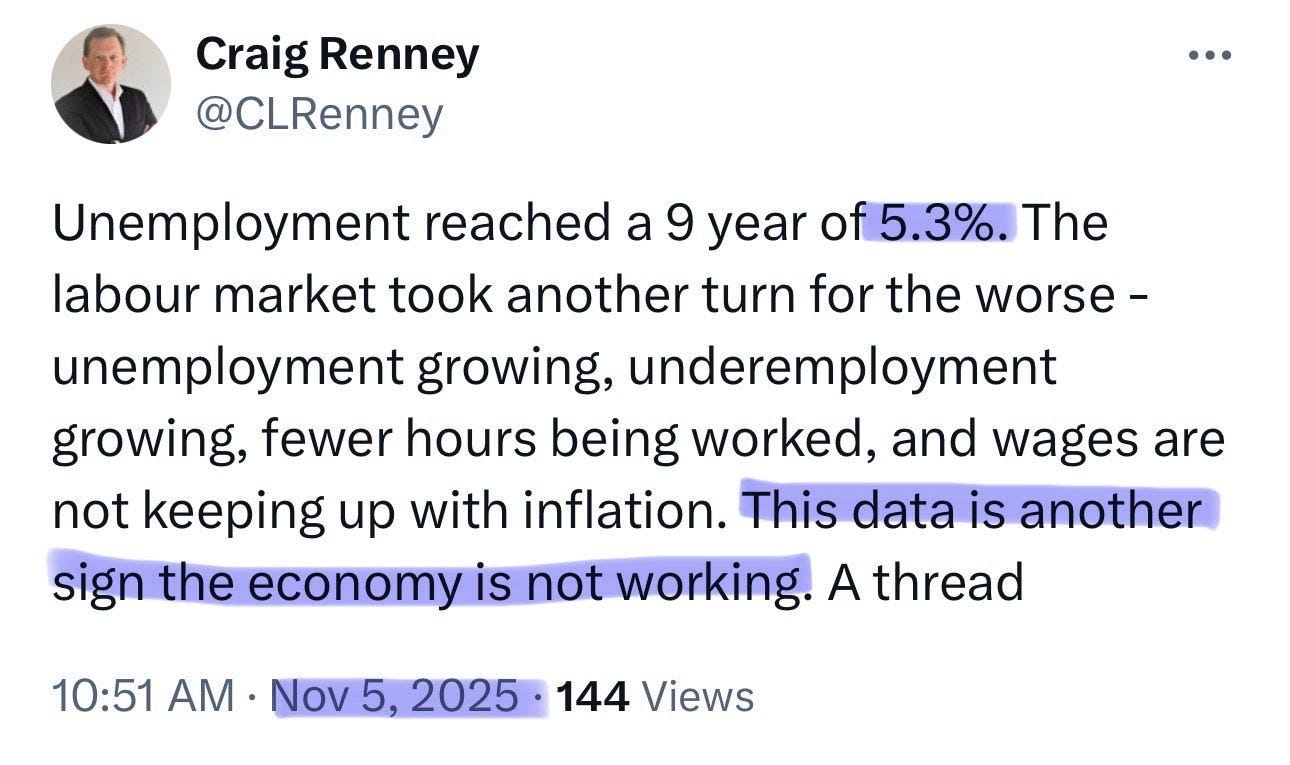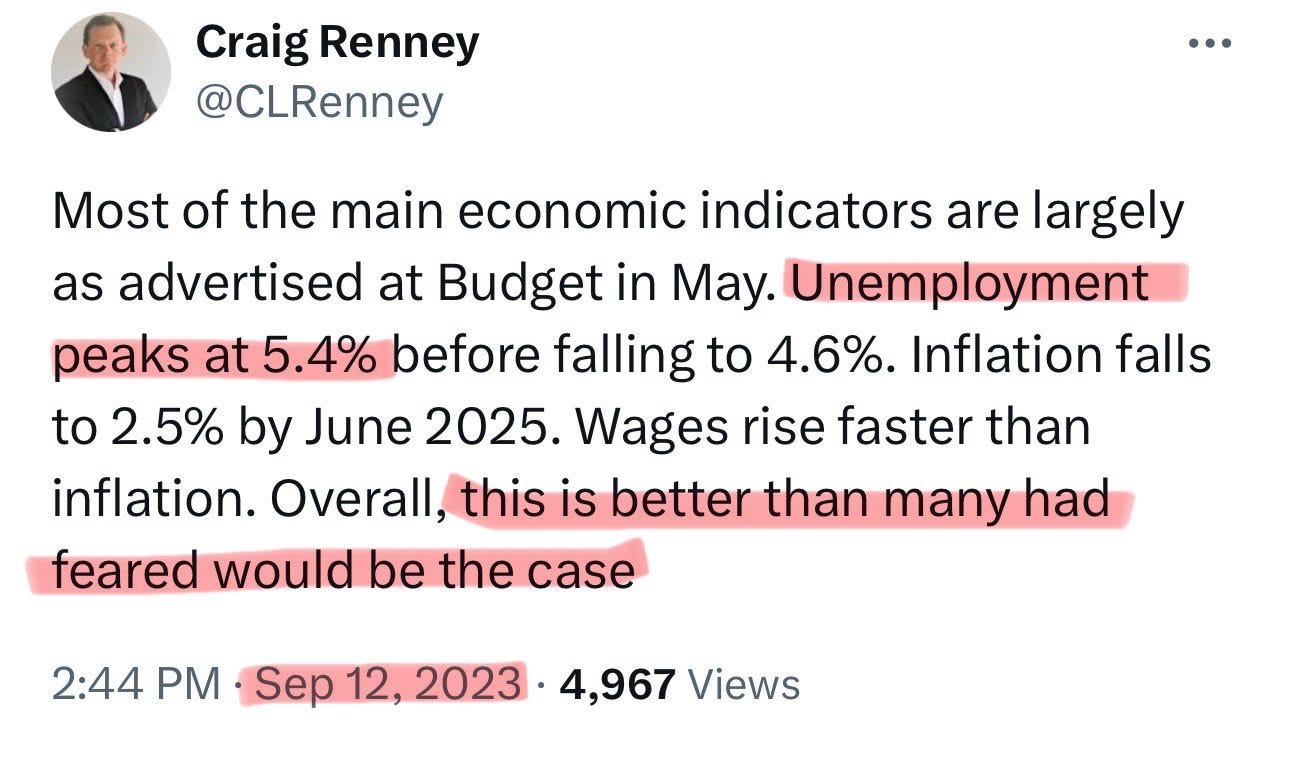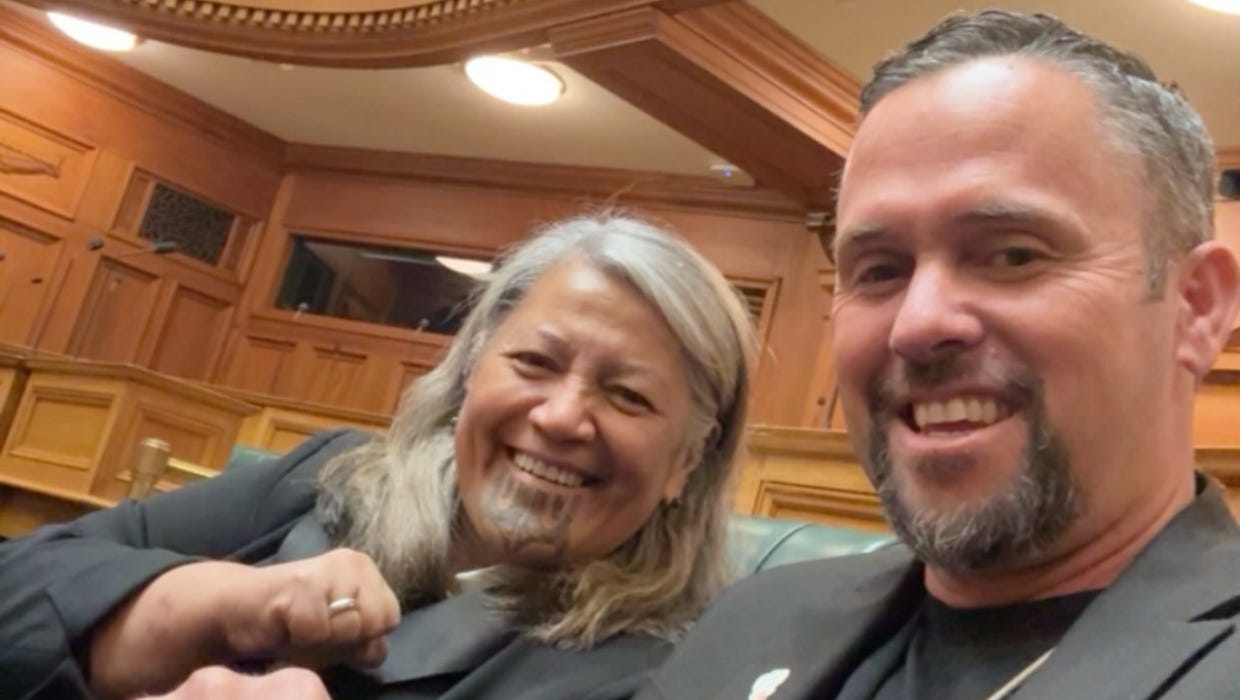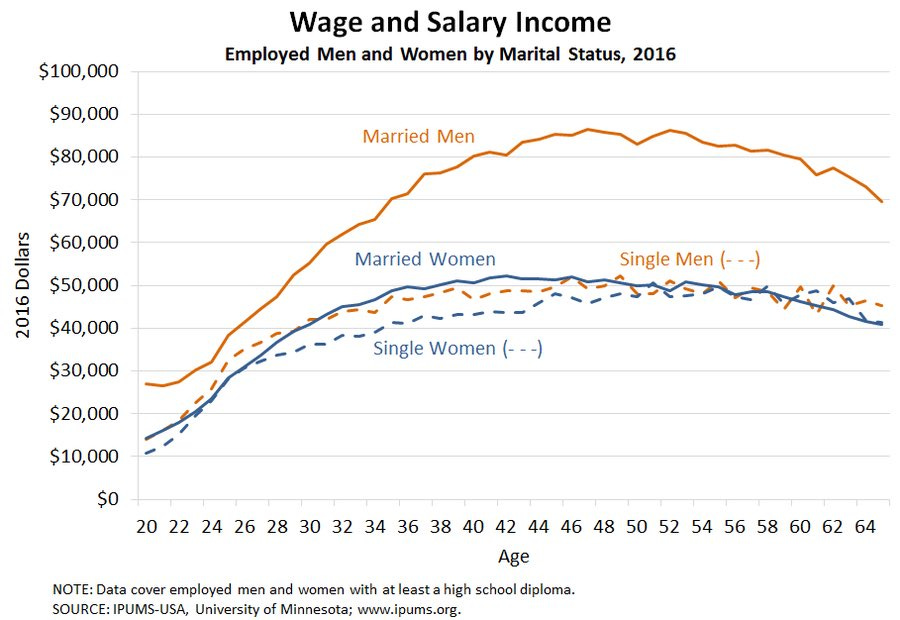The self-inflicted wound to Te Pāti Māori continues to bleed
Te Pāti Māori’s internal ructions continue to spill out in public like a wound that can’t be staunched. Despite calls from both sides for tikanga-based resolution, political shivs continue to be delivered via media and social media.
Party president John Tamihere has called on two MPs to resign (clearly Mariameno Kapa-Kingi and Takuta Ferris) after what’s been described as an attempted leadership coup. Co-leader Rawiri Waititi blamed “allegations and two rogue MPs” for the rifts and confirmed expulsion was on the table. Meanwhile his wife, Te Pāti Māori General Manager Kiri Tamihere-Waititi, took to social media to post lengthy videos detailing her perspective. This angered some who had called for dirty laundry to cease being aired.
Ngāti Kahungunu chair Bayden Barber represented the Iwi Chairs Forum in a meeting with co-leaders Waititi and Ngarewa-Packer after rangatira1 across the country called for someone to step in and mediate. He is reportedly trying to get Ferris and Kapa-Kingi, the disaffected faction, to attend a separate meeting. The fact that a group as important as the Iwi Chairs Forum is concerned enough to intervene speaks to the importance of the party to their objectives and the dire state they consider it to be in.
Making things more complicated, local party infrastructure is also calling for resignations…the Te Tai Tonga electorate (Southland Māori electorate) committee has called for party president Tamihere to stand down.
While Barber has said he doesn’t think resolution is “insurmountable”, it is difficult to see how the two rogue MPs can return to the fold. It seems far more likely they will be expelled and that then raises the issue of whether Te Pāti Māori will utilise the Waka-Jumping Law to have them booted from Parliament, triggering two by-elections.
Treaty in schools: the week’s defining wedge
The Government announced that they are removing the requirement for school boards to “give effect to Te Tiriti o Waitangi.” Education Minister Erica Stanford framed it as streamlining and focusing on outcomes, arguing the clause had become a compliance exercise rather than a driver of achievement. However, it was a backtrack from her as she had previously lashed out at Hobson’s Pledge for calling for the clause to be removed.
Labour leader Chris Hipkins pounced on this and blasted the change as a “victory for Hobson’s Pledge”. Unions and cherrypicked educators echoed that critique to the media.
This appears to be a pivot back towards the politics the coalition government actually have a mandate for. Everyone has fallen into classic values-coding. National/ACT are signalling a universalist, “back to basics” posture, New Zealand First are framing it as “common sense” and “one law for all”, and Labour/Greens/Māori Party are framing it as erasing Treaty obligations in public life and “an attack on Māori”.
The joke is on us, however, because there are still many Māori-related clauses in the legislation so there will still either be too much or not enough mātauranga Māori, te reo, and te ao Māori depending on who you ask.
PSA takes legal action against ACC for making workers come in to the office 3 days a week
The Public Service Association say they have filed a claim against ACC with the Employment Relations Authority over a change in working-from-home arrangements. But, when asked by Radio New Zealand, ACC said it could not comment because it was unaware of any legal action.
The PSA’s alleged case against ACC is about employment conditions and originated from ACC telling staff they must workin the office three days a week, rather than two. PSA boss, and Labour candidate, Fleur Fitzsimons argues that ACC advertised jobs as only two days in the office and so are breaching employment contracts. She also made arguments about productivity that are the opposite of what studies from Microsoft, Harvard, and Stanford show; long-term remote work can dull innovation, weaken mentoring, and erode the social glue that keeps teams effective.
When I posted on X about this, a few people raised a question I had not thought about. They asked why workers dealing with highly-sensitive information like ACC claims are working from home anyway. One person pointed out that they didn’t want family members or flatmates wandering around in the background listening to their medical history.
What happens to the vast amount of sensitive information being handled from spare bedrooms and café WiFi networks? For the public sector especially, “working from home” isn’t just a lifestyle choice; it’s also a security risk. ACC, like every government agency, is the custodian of intimate personal data, the kind of details that shouldn’t be left open on dining room tables or shared home offices.
🇨🇳 The Chinese Embassy scolds New Zealand MPs
A handful of New Zealand MPs found themselves in China’s diplomatic crosshairs this week for attending a Taiwanese National Day event at Parliament. Beijing’s embassy labelled the gathering a “brazen provocation” and warned that it violated the One China principle. It’s an extraordinary rebuke for what was, in practical terms, a routine reception, yet one that reveals just how sensitive New Zealand’s relationship with China can be.
Neither the Government nor Opposition leaders seemed keen to discuss the incident, with the exception of ACT MP Laura McClure who said:
“It’s not up to the CCP to decide who a Member of New Zealand’s Parliament meets with. Parliament is sovereign and, in our democracy, MPs are free to exercise their own judgement. That may not be how things operate in China, but here in New Zealand, the ambassador should respect the independence of our Parliament.”
New Zealand likes to talk about its “independent foreign policy,” but independence has a way of shrinking when trade is on the line. The optics of a few MPs chatting over canapés has somehow become a test of geopolitical loyalty.
It’s a good time to be a renter, kind of…
The housing news continues to tilt in favour of renters. After years of relentless increases, the rental market has been cooling helped along by lower migration, slower wage growth, and a glut of investment properties that aren’t filling as fast as they used to. In plain terms, tenants finally have some bargaining power.
Economists expect the softness to stick around for a while, with rent hikes flattening and ‘For Rent’ listings staying online for longer. It’s a welcome reprieve for renters when other essential living costs have increased so much.
The Reserve Bank’s tight monetary policy and a subdued labour market are expected to keep rental growth muted for some time, marking a significant shift from the overheated conditions of the post-pandemic years.
The forgotten portfolio and the minister who needs to be subbed out
The Government’s sudden $616 million injection into crisis mental health services landed this week. A belated response to damning reports that painted a system on the brink. The new funding is meant to fix what the last funding was supposed to fix, I guess.
But after big election promisees of a new dedicated minister, new ideas, and turning things around, it is the headlines that have come full circle: chronic staff shortages, people turned away, and families left to fend for themselves.
At least we know the Mental Health Minister is still around and not just a cardboard cut out sitting on a cabinet seat… Frankly, it is time he was sent out of cabinet to allow room for a much more productive minister, Chris Penk.
Kevin Hague walks back through the Greens’ revolving door
It’s been a rough term for the Green Party. Staff turnover, internal friction, and the slow unravelling of a once-tightly managed political brand have left the caucus looking less like a cohesive movement and more like a bunch of flatmates scrapping over priorities and trying to outdo each others’ personal struggles. Now, in the space of a few weeks they have had both their chief of staff and director of communications resign. For a party that prides itself on collective values and care for people, the internal culture has been problematic.
Into this churn steps Kevin Hague, the party’s new chief of staff and a familiar face from a more stable era. A former Green MP with genuine managerial chops and a reputation for calm competence, he has been brought back as a kind of adult supervision. A signal that the party wants to steady the ship. His appointment is both nostalgic and strategic; a reminder of when the Greens were known for environmental policy work rather than social media melodrama.
The party’s turbulence this term speaks to a deeper identity crisis. They now find themselves caught between activist purity and parliamentary pragmatism. Hague’s return suggests a quiet admission that experience and structure might now matter more than performance art.
If he can bring discipline and focus back to the party, he’ll be the best investment they’ve made in years. But the Greens’ challenge is also coherence. You can’t champion empathy and moral purity in public while behaving like a pack of lunatics and having a go at everyone. Hague knows that. The question is whether the caucus, and in particular its co-leaders, do.
The “landmark” scrap over who owns freshwater kicks off in Wellington High Court
A major legal battle over Māori rights to freshwater has begun in the High Court at Wellington, in what’s being described as a “landmark case” for environmental and Treaty law. A coalition of various iwi, hapū, and Māori organisations are arguing that the Crown breached Treaty of Waitangi obligations by failing to recognise Māori proprietary rights to freshwater and by continuing to treat water as a public resource.
The claimants say Māori never ceded ownership of freshwater and that the government’s management system, resource consents, and commercial use, effectively alienate Māori from a taonga guaranteed under the Treaty. The Crown, meanwhile, argues that no one owns water and that existing co-governance and allocation frameworks already honour Treaty principles.
The limited reporting of the case thus far has focused on the argument that Māori ownership would be a kind of environmental protection. But this is not about the environment. This is about ownership.
The case could have wide-ranging implications for water governance, economic rights, and climate adaptation policy. It could reshape the balance of power over how New Zealand, or iwi, allocates and charges for its freshwater resources, potentially setting a precedent comparable to earlier landmark Māori rights decisions around forestry and fisheries.
Hypocrite of the week: ChipOcrite is upstaged by his union pal
Chris Hipkins as been unbeatable in the hypocrite rankings recently, but he was overtaken this week by Economist and Director of Policy at New Zealand Council of Trade Unions, Craig Renney. It is a persistent rumour that Renney will run at the next election with the hopes of being Labour’s next Finance Minister. No one tell, Barbara Edmonds.
What makes him a terrible hypocrite is that his commentary makes zero attempt to cloak his blatant political allegiances. In particular, his assessment of unemployment rates has changed markedly with the change of Government. Every time new data becomes available he uses it to bash the Government conveniently forgetting that he was unconcerned by projections of a larger unemployment number when Labour was in charge.


If he was honest, he would say that the unemployment rates we are seeing now are almost exactly what was forecast back in 2023, before the change of Government due to the Covid pandemic and Labour’s economic vandalism.
🇺🇸 A nepo-baby with almost no work history was elected mayor of the financial capital of the world
This week’s US elections delivered a shift in the political winds, with self-professed socialist Zohran Mamdani emerging as one of the most talked-about figures of the cycle. His success, powered by younger, more educated, wealthier, urban, expat voters, reflects a demographic reality that’s been reshaping American politics for over a decade: the future of the Democratic Party is privileged, metropolitan, and impatient.
Mamdani, the son of elite Ugandan and Indian immigrants, built his campaign on the language of economic populism and social justice, railing against housing costs, student debt, and foreign policy. Yet beneath the rhetoric sits an uncomfortable irony: Mamdani is himself from a very well-off family, educated in elite institutions, and largely untested in the kind of real-world hardship he so confidently invokes. His brand of activism plays well in progressive circles that prize moral performance over competence.
For Republicans, Mamdani’s rise is both opportunity and warning. The GOP has been gaining traction among working-class and Hispanic voters in many regions, but figures like Mamdani show Democrats can hit back when they get the downwardly mobile, educated classes riled up.
STILL MISSING: Te Anihana Pomana (also known as Ani Anderson)
Te Anihana Pomana, a 25-year-old woman from the East Coast has been missing for more than two months. She was last seen in early September on CCTV leaving Skycity Hotel in Auckland and heading towards Victoria Street West.
Pomana had withdrawn cash before her disappearance and her bank account has not been used since. She also left all of her belongings at the hotel.
Detective Sergeant Daniel Kirk said police are increasingly concerned for her safety, but her family are expressing frustration with the police. One social media post said:
Anyone with information, please update police online now or call 105 using the reference number 250822/6281. You can also call anonymously via Crime Stoppers on 0800 555 111.

In short - other stuff that happened:
Stuff I found interesting this week:
Konstantin Kisin’s piece sidesteps the usual lazy takes on socialism’s resurgence. Instead of sneering at young idealists or lecturing them on economics, he looks at what’s driving the shift; the sense that modern capitalism has stopped delivering anything worth defending. Socialism hasn’t suddenly became fashionable. It’s just that for a generation priced out of homes and purpose, the alternatives look threadbare. Kisin’s essay is honest, unsentimental, and actually interested in why young people are turning left rather than just mocking them for it.

Click to view
This Spiked piece on chemsex tackles a subject most media either sensationalise or ignore altogether. It begins “Stonewall and the rest of the Pride industry are world-class when it comes to running their mouths. Pronouns. Rainbow lanyards. The mythical ‘trans genocide’. You name it, they’ll support it with hashtags, awareness days and corporate sponsorships. If talking shite was an Olympic sport, they’d win gold. But when it comes to an epidemic that’s actually killing gay men, there is not a word. Silence.”
Photo of the week: Caption this…
Ngāti Kahungunu chair Bayden Barber represented the Iwi Chairs Forum in a meeting with co-leaders Waititi and Ngarewa-Packer after rangatira1 across the country called for someone to step in and mediate. He is reportedly trying to get Ferris and Kapa-Kingi, the disaffected faction, to attend a separate meeting. The fact that a group as important as the Iwi Chairs Forum is concerned enough to intervene speaks to the importance of the party to their objectives and the dire state they consider it to be in.
Making things more complicated, local party infrastructure is also calling for resignations…the Te Tai Tonga electorate (Southland Māori electorate) committee has called for party president Tamihere to stand down.
While Barber has said he doesn’t think resolution is “insurmountable”, it is difficult to see how the two rogue MPs can return to the fold. It seems far more likely they will be expelled and that then raises the issue of whether Te Pāti Māori will utilise the Waka-Jumping Law to have them booted from Parliament, triggering two by-elections.
Climate policy recalibrated, quietly
Critics have rushed to declare the Government’s latest climate reforms a “gutting” of the Zero Carbon Act. Indeed Chloe Swarbrick practically had smoke coming out of her ears on Wednesday in the House. But, the changes announced this week, including streamlining the Climate Change Response Act, rebalancing the Climate Commission’s role, and recognising carbon removal beyond tree planting, reflect a shift to grounded policy.
Importantly, by giving Cabinet discretion over how to implement the Climate Change Commission’s advice, the Government is asserting democratic control over climate strategy, something that should never have been ceded to a quasi-independent body in the first place.
The move reflects a change in public mood. After years of over-ambitious targets translating into higher energy costs, expensive compliance, and “transition pain,” voters have grown weary of paying more for policies that deliver less. Climate anxiety has been replaced by cost-of-living anxiety and the Government is reading the room. Even Bill Gates, once a champion of aggressive decarbonisation, recently admitted that the world “overhyped” net-zero timelines and needs a more realistic path forward.
The opposition will no doubt paint this as an armageddon for the planet. But there’s a difference between back-pedalling and correcting the steering. The hysterics of activists, media, and opposition will be why the Government tried to slip the changes under the radar with a late night press release. Understandable, but we should all want an open and transparent government.
Critics have rushed to declare the Government’s latest climate reforms a “gutting” of the Zero Carbon Act. Indeed Chloe Swarbrick practically had smoke coming out of her ears on Wednesday in the House. But, the changes announced this week, including streamlining the Climate Change Response Act, rebalancing the Climate Commission’s role, and recognising carbon removal beyond tree planting, reflect a shift to grounded policy.
Importantly, by giving Cabinet discretion over how to implement the Climate Change Commission’s advice, the Government is asserting democratic control over climate strategy, something that should never have been ceded to a quasi-independent body in the first place.
The move reflects a change in public mood. After years of over-ambitious targets translating into higher energy costs, expensive compliance, and “transition pain,” voters have grown weary of paying more for policies that deliver less. Climate anxiety has been replaced by cost-of-living anxiety and the Government is reading the room. Even Bill Gates, once a champion of aggressive decarbonisation, recently admitted that the world “overhyped” net-zero timelines and needs a more realistic path forward.
The opposition will no doubt paint this as an armageddon for the planet. But there’s a difference between back-pedalling and correcting the steering. The hysterics of activists, media, and opposition will be why the Government tried to slip the changes under the radar with a late night press release. Understandable, but we should all want an open and transparent government.
Treaty in schools: the week’s defining wedge
The Government announced that they are removing the requirement for school boards to “give effect to Te Tiriti o Waitangi.” Education Minister Erica Stanford framed it as streamlining and focusing on outcomes, arguing the clause had become a compliance exercise rather than a driver of achievement. However, it was a backtrack from her as she had previously lashed out at Hobson’s Pledge for calling for the clause to be removed.
Labour leader Chris Hipkins pounced on this and blasted the change as a “victory for Hobson’s Pledge”. Unions and cherrypicked educators echoed that critique to the media.
This appears to be a pivot back towards the politics the coalition government actually have a mandate for. Everyone has fallen into classic values-coding. National/ACT are signalling a universalist, “back to basics” posture, New Zealand First are framing it as “common sense” and “one law for all”, and Labour/Greens/Māori Party are framing it as erasing Treaty obligations in public life and “an attack on Māori”.
The joke is on us, however, because there are still many Māori-related clauses in the legislation so there will still either be too much or not enough mātauranga Māori, te reo, and te ao Māori depending on who you ask.
PSA takes legal action against ACC for making workers come in to the office 3 days a week
The Public Service Association say they have filed a claim against ACC with the Employment Relations Authority over a change in working-from-home arrangements. But, when asked by Radio New Zealand, ACC said it could not comment because it was unaware of any legal action.
The PSA’s alleged case against ACC is about employment conditions and originated from ACC telling staff they must workin the office three days a week, rather than two. PSA boss, and Labour candidate, Fleur Fitzsimons argues that ACC advertised jobs as only two days in the office and so are breaching employment contracts. She also made arguments about productivity that are the opposite of what studies from Microsoft, Harvard, and Stanford show; long-term remote work can dull innovation, weaken mentoring, and erode the social glue that keeps teams effective.
When I posted on X about this, a few people raised a question I had not thought about. They asked why workers dealing with highly-sensitive information like ACC claims are working from home anyway. One person pointed out that they didn’t want family members or flatmates wandering around in the background listening to their medical history.
What happens to the vast amount of sensitive information being handled from spare bedrooms and café WiFi networks? For the public sector especially, “working from home” isn’t just a lifestyle choice; it’s also a security risk. ACC, like every government agency, is the custodian of intimate personal data, the kind of details that shouldn’t be left open on dining room tables or shared home offices.
🇨🇳 The Chinese Embassy scolds New Zealand MPs
A handful of New Zealand MPs found themselves in China’s diplomatic crosshairs this week for attending a Taiwanese National Day event at Parliament. Beijing’s embassy labelled the gathering a “brazen provocation” and warned that it violated the One China principle. It’s an extraordinary rebuke for what was, in practical terms, a routine reception, yet one that reveals just how sensitive New Zealand’s relationship with China can be.
Neither the Government nor Opposition leaders seemed keen to discuss the incident, with the exception of ACT MP Laura McClure who said:
“It’s not up to the CCP to decide who a Member of New Zealand’s Parliament meets with. Parliament is sovereign and, in our democracy, MPs are free to exercise their own judgement. That may not be how things operate in China, but here in New Zealand, the ambassador should respect the independence of our Parliament.”
New Zealand likes to talk about its “independent foreign policy,” but independence has a way of shrinking when trade is on the line. The optics of a few MPs chatting over canapés has somehow become a test of geopolitical loyalty.
It’s a good time to be a renter, kind of…
The housing news continues to tilt in favour of renters. After years of relentless increases, the rental market has been cooling helped along by lower migration, slower wage growth, and a glut of investment properties that aren’t filling as fast as they used to. In plain terms, tenants finally have some bargaining power.
Economists expect the softness to stick around for a while, with rent hikes flattening and ‘For Rent’ listings staying online for longer. It’s a welcome reprieve for renters when other essential living costs have increased so much.
The Reserve Bank’s tight monetary policy and a subdued labour market are expected to keep rental growth muted for some time, marking a significant shift from the overheated conditions of the post-pandemic years.
The forgotten portfolio and the minister who needs to be subbed out
The Government’s sudden $616 million injection into crisis mental health services landed this week. A belated response to damning reports that painted a system on the brink. The new funding is meant to fix what the last funding was supposed to fix, I guess.
But after big election promisees of a new dedicated minister, new ideas, and turning things around, it is the headlines that have come full circle: chronic staff shortages, people turned away, and families left to fend for themselves.
At least we know the Mental Health Minister is still around and not just a cardboard cut out sitting on a cabinet seat… Frankly, it is time he was sent out of cabinet to allow room for a much more productive minister, Chris Penk.
Kevin Hague walks back through the Greens’ revolving door
It’s been a rough term for the Green Party. Staff turnover, internal friction, and the slow unravelling of a once-tightly managed political brand have left the caucus looking less like a cohesive movement and more like a bunch of flatmates scrapping over priorities and trying to outdo each others’ personal struggles. Now, in the space of a few weeks they have had both their chief of staff and director of communications resign. For a party that prides itself on collective values and care for people, the internal culture has been problematic.
Into this churn steps Kevin Hague, the party’s new chief of staff and a familiar face from a more stable era. A former Green MP with genuine managerial chops and a reputation for calm competence, he has been brought back as a kind of adult supervision. A signal that the party wants to steady the ship. His appointment is both nostalgic and strategic; a reminder of when the Greens were known for environmental policy work rather than social media melodrama.
The party’s turbulence this term speaks to a deeper identity crisis. They now find themselves caught between activist purity and parliamentary pragmatism. Hague’s return suggests a quiet admission that experience and structure might now matter more than performance art.
If he can bring discipline and focus back to the party, he’ll be the best investment they’ve made in years. But the Greens’ challenge is also coherence. You can’t champion empathy and moral purity in public while behaving like a pack of lunatics and having a go at everyone. Hague knows that. The question is whether the caucus, and in particular its co-leaders, do.
The “landmark” scrap over who owns freshwater kicks off in Wellington High Court
A major legal battle over Māori rights to freshwater has begun in the High Court at Wellington, in what’s being described as a “landmark case” for environmental and Treaty law. A coalition of various iwi, hapū, and Māori organisations are arguing that the Crown breached Treaty of Waitangi obligations by failing to recognise Māori proprietary rights to freshwater and by continuing to treat water as a public resource.
The claimants say Māori never ceded ownership of freshwater and that the government’s management system, resource consents, and commercial use, effectively alienate Māori from a taonga guaranteed under the Treaty. The Crown, meanwhile, argues that no one owns water and that existing co-governance and allocation frameworks already honour Treaty principles.
The limited reporting of the case thus far has focused on the argument that Māori ownership would be a kind of environmental protection. But this is not about the environment. This is about ownership.
The case could have wide-ranging implications for water governance, economic rights, and climate adaptation policy. It could reshape the balance of power over how New Zealand, or iwi, allocates and charges for its freshwater resources, potentially setting a precedent comparable to earlier landmark Māori rights decisions around forestry and fisheries.
Hypocrite of the week: ChipOcrite is upstaged by his union pal
Chris Hipkins as been unbeatable in the hypocrite rankings recently, but he was overtaken this week by Economist and Director of Policy at New Zealand Council of Trade Unions, Craig Renney. It is a persistent rumour that Renney will run at the next election with the hopes of being Labour’s next Finance Minister. No one tell, Barbara Edmonds.
What makes him a terrible hypocrite is that his commentary makes zero attempt to cloak his blatant political allegiances. In particular, his assessment of unemployment rates has changed markedly with the change of Government. Every time new data becomes available he uses it to bash the Government conveniently forgetting that he was unconcerned by projections of a larger unemployment number when Labour was in charge.


If he was honest, he would say that the unemployment rates we are seeing now are almost exactly what was forecast back in 2023, before the change of Government due to the Covid pandemic and Labour’s economic vandalism.
🇺🇸 A nepo-baby with almost no work history was elected mayor of the financial capital of the world
This week’s US elections delivered a shift in the political winds, with self-professed socialist Zohran Mamdani emerging as one of the most talked-about figures of the cycle. His success, powered by younger, more educated, wealthier, urban, expat voters, reflects a demographic reality that’s been reshaping American politics for over a decade: the future of the Democratic Party is privileged, metropolitan, and impatient.
Mamdani, the son of elite Ugandan and Indian immigrants, built his campaign on the language of economic populism and social justice, railing against housing costs, student debt, and foreign policy. Yet beneath the rhetoric sits an uncomfortable irony: Mamdani is himself from a very well-off family, educated in elite institutions, and largely untested in the kind of real-world hardship he so confidently invokes. His brand of activism plays well in progressive circles that prize moral performance over competence.
For Republicans, Mamdani’s rise is both opportunity and warning. The GOP has been gaining traction among working-class and Hispanic voters in many regions, but figures like Mamdani show Democrats can hit back when they get the downwardly mobile, educated classes riled up.
STILL MISSING: Te Anihana Pomana (also known as Ani Anderson)
Te Anihana Pomana, a 25-year-old woman from the East Coast has been missing for more than two months. She was last seen in early September on CCTV leaving Skycity Hotel in Auckland and heading towards Victoria Street West.
Pomana had withdrawn cash before her disappearance and her bank account has not been used since. She also left all of her belongings at the hotel.
Detective Sergeant Daniel Kirk said police are increasingly concerned for her safety, but her family are expressing frustration with the police. One social media post said:
“Sincerely grateful for the ongoing genuine support and care for our Te Anihana, Te Anihana is literally one of the most beautiful human beings ever… She’s of light, her heart pure gold, would do absolutely anything for anyone. A keen go getter. A genuine beautiful old soul. Regardless of possible notes online. We have made it clear since the beginning Te Anihana was struggling with her health both physical & mental.
The facts remain there has been a piss poor investigation since the beginning.”
Anyone with information, please update police online now or call 105 using the reference number 250822/6281. You can also call anonymously via Crime Stoppers on 0800 555 111.

In short - other stuff that happened:
- 🇬🇧 Anthony Williams, 32, of Peterborough, has been charged with 11 counts of attempted murder after a knife attack on a London-bound train left multiple passengers injured, in what police call an isolated but horrifying incident. He has now been tied to separate earlier attacks on teenagers.
- 🇬🇧 David Beckham has been knighted by King Charles. Sir David said “I couldn’t be prouder. People know how patriotic I am - I love my country. I’ve always said how important the monarchy is to my family.”
- Biosecurity officials have found a fourth yellow-legged hornet queen in Northland, confirming the pest’s presence and rolling out traps in an effort to stop the invasive species from establishing.
- Police in Dunedin were shot at with fireworks while responding to wild student partying on Castle Street, leading to multiple arrests.
- Bolton Equities says two ageing lions at Whangārei’s Kamo Wildlife Sanctuary will be humanely euthanised due to deteriorating health.
- A fire at Rotorua’s Mitai Māori Village gutted its main performance area; the owner says a lamp sparked the blaze, though no one was injured.
- 🇺🇸 Washington is on track for what could become the longest government shutdown in history, with Democrats and Republicans at a complete stalemate.
- Internal warnings about the “concerning behaviour” of Sunny Kaushal, chair of the government’s crime prevention advisory group, were reportedly ignored before his appointment, raising questions about vetting.
- 🇦🇺 I did not win the office Melbourne Cup sweepstakes. We had two picks assigned each and mine came second and third! The 2025 Melbourne Cup was won by Without A Fight, ridden by Mark Zahra and owned by Sheikh Mohammed Obaid Al Maktoum. It was the same horse-and-jockey combination that took out the 2023 Melbourne Cup.
Chart of the week: Pay equity - married versus single
Stuff I found interesting this week:
Konstantin Kisin’s piece sidesteps the usual lazy takes on socialism’s resurgence. Instead of sneering at young idealists or lecturing them on economics, he looks at what’s driving the shift; the sense that modern capitalism has stopped delivering anything worth defending. Socialism hasn’t suddenly became fashionable. It’s just that for a generation priced out of homes and purpose, the alternatives look threadbare. Kisin’s essay is honest, unsentimental, and actually interested in why young people are turning left rather than just mocking them for it.

Click to view
This Spiked piece on chemsex tackles a subject most media either sensationalise or ignore altogether. It begins “Stonewall and the rest of the Pride industry are world-class when it comes to running their mouths. Pronouns. Rainbow lanyards. The mythical ‘trans genocide’. You name it, they’ll support it with hashtags, awareness days and corporate sponsorships. If talking shite was an Olympic sport, they’d win gold. But when it comes to an epidemic that’s actually killing gay men, there is not a word. Silence.”
Photo of the week: Caption this…
Reference:
1 Rangatira are leaders or chiefs. The word is often used to describe prominent people in Māoridom.
Ani O'Brien comes from a digital marketing background, she has been heavily involved in women's rights advocacy and is a founding council member of the Free Speech Union. This article was originally published on Ani's Substack Site and is published here with kind permission.
1 Rangatira are leaders or chiefs. The word is often used to describe prominent people in Māoridom.
Ani O'Brien comes from a digital marketing background, she has been heavily involved in women's rights advocacy and is a founding council member of the Free Speech Union. This article was originally published on Ani's Substack Site and is published here with kind permission.





2 comments:
They could sell tickets and world tv rights for a TPM solution by tikanga. Would weapons be limitied to patu or taiaha for all, or either?
Maybe check the Melbourne Cup results again . Half Yours won this year 2025.
Post a Comment
Thank you for joining the discussion. Breaking Views welcomes respectful contributions that enrich the debate. Please ensure your comments are not defamatory, derogatory or disruptive. We appreciate your cooperation.